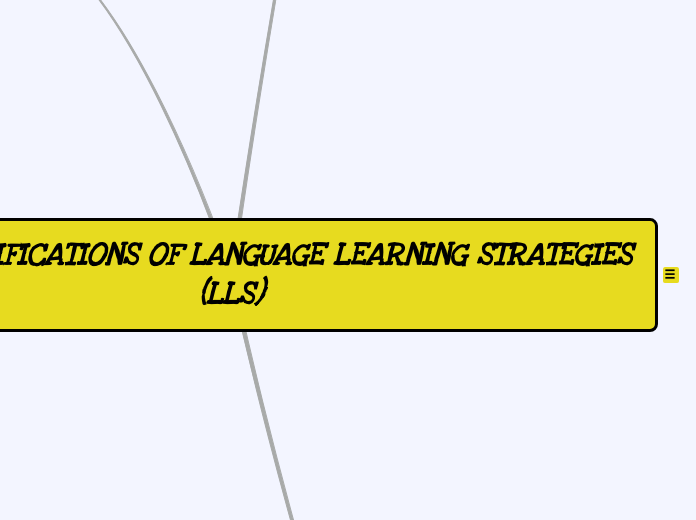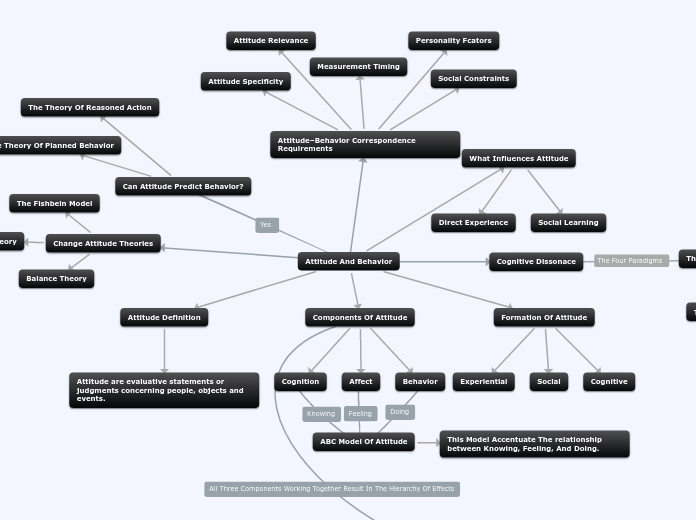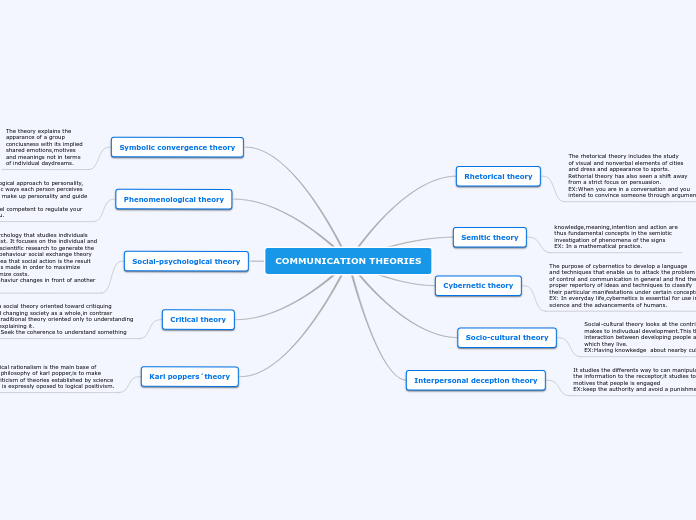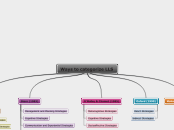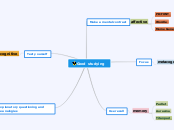Prepared by: Aileen Tiong Ling (GP03727) Program Eksekutif Sarjana UKM
THE 3 CLASSIFICATIONS OF LANGUAGE LEARNING STRATEGIES (LLS)
Oxford's (1990)
Indirect
Social
Emphathising with others
Cooperating with others
Asking questions
Taking emotional temperature
Encouraging oneself
Lowering anxiety
Evaluating learning
Arranging & planning learning
Centering learning
Direct
Compensation
Overcoming limitations in speaking & writing
Guessing intelligently
Creating structure for input & output
Analysing & reasoning
Receiving & sending messages strategies
Practising
Memory
Employing action
Reviewing well
Applying images & sounds
Creating mental linkages
O'Malley's (1985)
Socioaffective
Question for clarification
Cooperation
Transacting with others
Social-mediating
Inferencing
Transfer
Elaboration
Contextualisation
Keywords
Auditory representation
Recombination
Deduction
Note-taking
Grouping
Translation
Resourcing
Repetition
Metacognitive
Self-evaluation
Delayed production
Self-monitoring
Functional planning
Self-management
Selective attention
Directed attention
Advanced organisers
Stern's (1992)
Affective
Langauge learning training
Voicing frustrations
Drawing attention to possible frustrations
Build positive feelings
Aware of perceptions towards langauge learning
Interpersonal
Evaluate performance
Monitor development
Get familiar with the culture of the target langauge
Cooperate with native speakers
Communicate with native speakers
Communicative - Experiential
Use verbal & non-verbal instruments
Asking for explanation
Asking for repetition
Paraphrasing
Gesturing
Circumlocution
Cognitive
Monitoring
Memorisation
Practice
Deductive Reasoning
Guessing/ Inductive Inferencing
Clarification/ Verification
Management & Planning
Evaluate success
Monitor progress
Select appropriate resources
Decide on a methodology
Set reasonable goals
Decide on commitments
